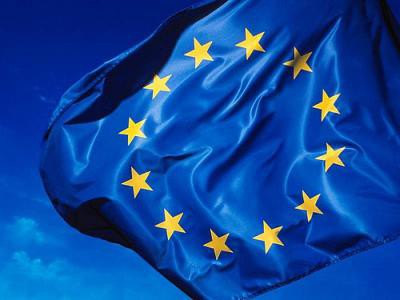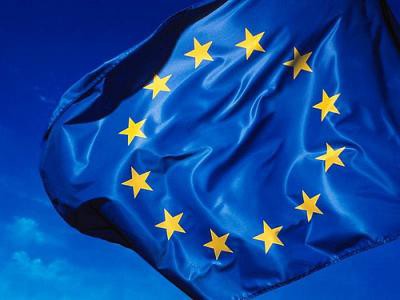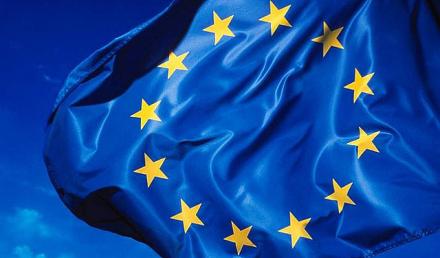


On the evening of Monday, November 14, the EU Parliament in Strasbourg will hear a short presentation on a recent green paper, On Online Gambling in The Internal Market, which has thrown up some interesting responses after an open consultation process. A green paper is one of the first steps on the route to new EU Legislation and is usually designed to get stakeholders involved in the following consultation.
This green paper has already been voted on in the Committee of Economic and Monetary Affairs, and had to pass by a greater than 90% “yes” vote to get this far.
The presentation will be made by MEP Jürgen Creutzmann, and will only last for three minutes followed by a reaction from the EU Commission. There will then be up to ten minutes of further discussion via further one-minute speeches. If the commission is swayed by the case, a White Paper may be written, which will be a proposal for a specific action for the EU to take. This is usually followed by another consultation period. The matter will then be put forward for further action by the EU, eventually becoming EU regulation.
Poker sites such as 888 and Betfair, alongside interested parties such as PokerStrategy.com and VISA Europe, were among dozens of responders who took part in open consultation on the green paper. Anyone with an interest was invited to respond to the questions addressed in it and some heavyweights in the industry decided that their interests would be best served by responding. I’ve picked out a few of their responses to discuss.
VISA Europe responded to a very focused segment of the green paper, basically regurgitating the standard VISA policies in relation to Online Gaming: VISA doesn’t allow people to break local laws, VISA has policies in place to protect against underage gambling, and VISA has stringent anti-fraud and anti-money laundering procedures in place. What I was more interested in were the comments made about “Gambling Addiction.” Apparently it is possible for any cardholder to contact the card issuer to block any gambling transactions on their VISA card. That was news to me, and I hold several VISA cards. Having this service made more obviously available might actually make a significant difference to a lot of people to whom gambling is an issue.
888 responded in a 16-page document – nearly half the size of the original green paper – in which they established their 14-year history, then highlighted a lot of the issues of offering iGaming across the EU. Most of these revolved around different regulatory and tax requirements for different territories and the increased costs associated with these, and they made a pretty good case for a central EU regulator. They used Gibraltar as an example of a good regulator, citing examples of law and guidelines alongside some of their current procedures. Additionally, 888 highlighted that they are also regulated by the French and Italian authorities.
They made a good case for pan-European regulation, and its benefit for all concerned.
PokerStrategy.com starts off pretty bullish in it’s 36-page opus, describing the recent decisions of the commission in this area as “toothless.” Later in their response, they also claim that “over 150 pieces of gambling-related draft national legislation have been notified to the Commission for single market screening and that many have received a first formal warning from the Commission for not complying with EU law.”
The response from PokerStrategy.com is the most detailed of the ones I analyzed, and seems almost to beg the EU to take control of the current iGaming situation, thereby producing some conformity across the EU online gambling industry. They make some very good points, and also use a lot of existing Gibraltar regulation as examples of best practice.
Unfortunately, this is most likely a moot discussion as protectionist countries such as France are very unlikely to support a move to regulate internet gaming on an EU wide basis. France introduced new iGaming legislation in March 2009 which segregated French players from the rest of the world (although this was later reversed, and any player with an EU bank account can now play) and set up the French regulator ARJEL. The subsequent time has, not exactly unexpectedly, brought the issues of this regulation to light. Poker rooms are overtaxed, and as the player pools are small it is difficult to offer prize pots large enough to attract sufficient players to make them profitable. It is a fairly open secret in the industry that even the large PokerStars.fr is operating at a loss.
The high rake and low player numbers are driving a growing black market in these protectionist countries, as players are able to play against others from all over the world, and don’t have to pay an extraordinarily large rake percentage.
EU-wide regulation is probably the best way forward for sites, players and governments, but European infighting will probably kill this before it gets too much further down the EU legislative process, which I think is a shame for everybody.

